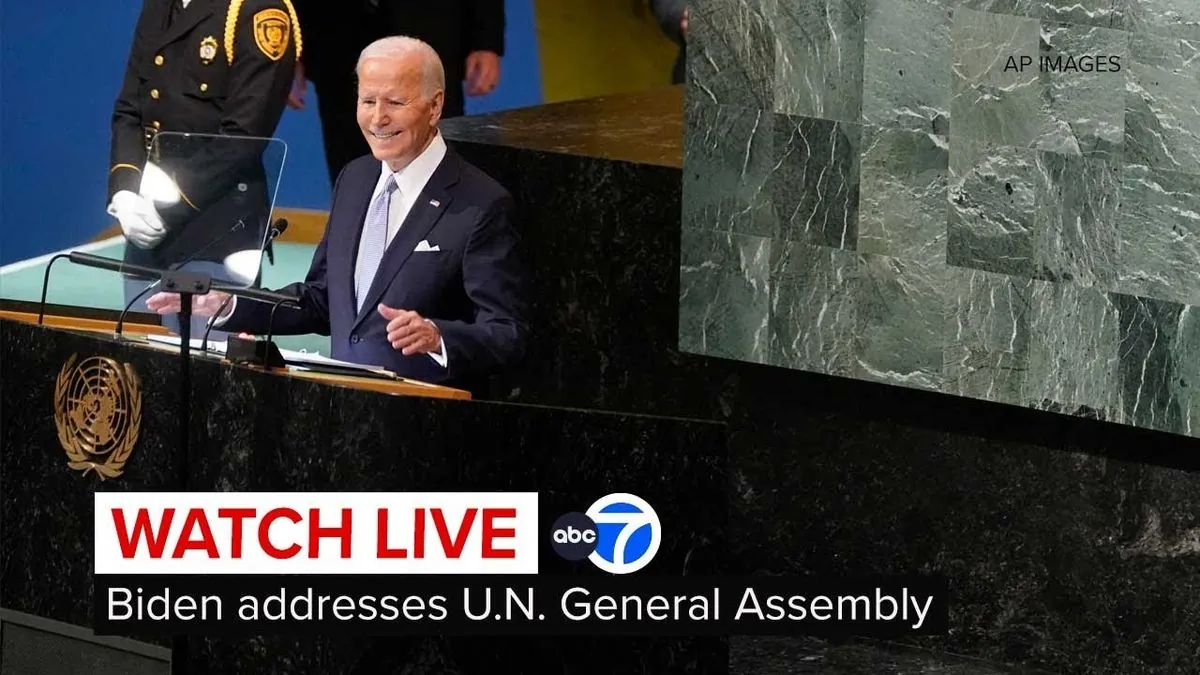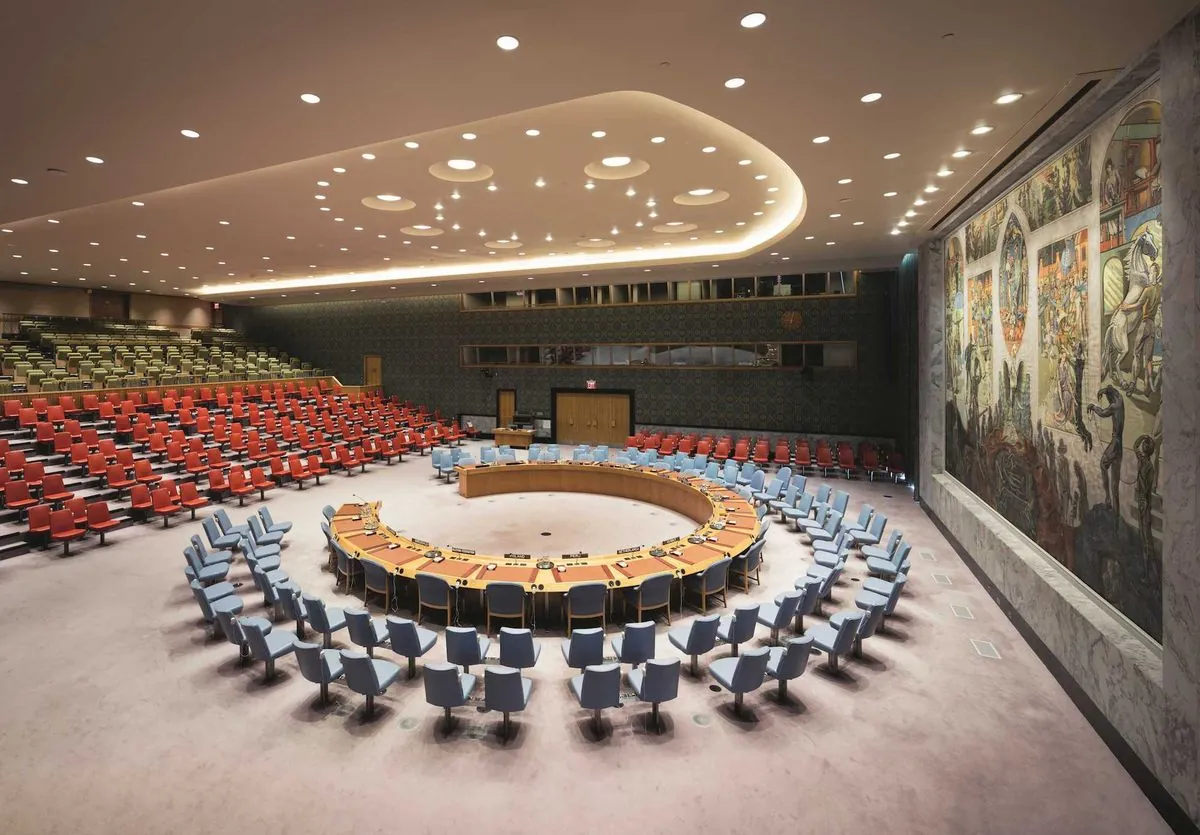Biden's UN Farewell: A Reflection on Global Challenges and UN's Relevance
President Biden delivered his final UN speech, highlighting global issues and his optimism. The address received a lukewarm response, raising questions about the UN's effectiveness in addressing current world conflicts.

On September 19, 2023, President Joe Biden delivered his final address to the United Nations General Assembly, marking the end of his tenure on the global stage. The speech, which aimed to highlight international challenges and Biden's optimism for the future, received a tepid response from delegates, reflecting the complex geopolitical landscape and the UN's diminishing influence in global affairs.
Biden's address touched on various global issues, including the ongoing conflicts in Ukraine and the Middle East. However, the lukewarm reception from the assembly underscored the difficulties faced by the UN in addressing these crises effectively. The organization, founded in 1945 with high hopes for maintaining international peace and security, now finds itself struggling to fulfill its mandate in an increasingly divided world.
"My fellow leaders, let us never forget some things are more important than staying in power."
This statement, which garnered sustained applause, ironically highlighted the contrast between Biden's democratic ideals and the reality of many autocratic regimes represented at the assembly.
The UN's current challenges echo those faced by its predecessor, the League of Nations. With major powers like the United States, Russia, and China often at odds, the Security Council frequently finds itself in deadlock. This situation is reminiscent of the Cold War era when the Soviet Union frequently used its veto power to block resolutions.

Despite these challenges, the UN continues to play a crucial role in various global initiatives. The organization has been instrumental in addressing issues such as climate change, with its Intergovernmental Panel on Climate Change (IPCC) established in 1988. Additionally, UN agencies like the World Food Programme provide vital humanitarian assistance, feeding over 80 million people annually in 80 countries.
Biden's speech also reflected on historical events, drawing parallels between current global tensions and past conflicts like the Vietnam War and the Cold War. He emphasized the world's ability to overcome these challenges, citing examples such as arms control agreements and the end of the Cold War itself.
However, Biden's optimism stands in stark contrast to the current state of global affairs. His diplomatic efforts, particularly in the Middle East, have faced significant setbacks. The failure to revive the Iran nuclear deal and the ongoing Israeli-Palestinian conflict underscore the limitations of US influence in the region.
As Biden prepares to leave office, the future of US engagement with the UN remains uncertain. The outcome of the November 5, 2024, presidential election will likely shape America's approach to international institutions and global cooperation.
Despite its shortcomings, the UN continues to serve as a vital forum for international dialogue and cooperation. With 193 member states, it remains the most comprehensive platform for addressing global challenges. The organization's role in preventing conflicts and providing humanitarian aid, though often overlooked, remains crucial in maintaining a semblance of global order.
As the world faces increasingly complex challenges, from climate change to potential nuclear threats, the need for effective international cooperation has never been greater. While the UN may struggle to live up to its founding ideals, its existence as a forum for global dialogue and cooperation remains invaluable in an increasingly interconnected world.


































